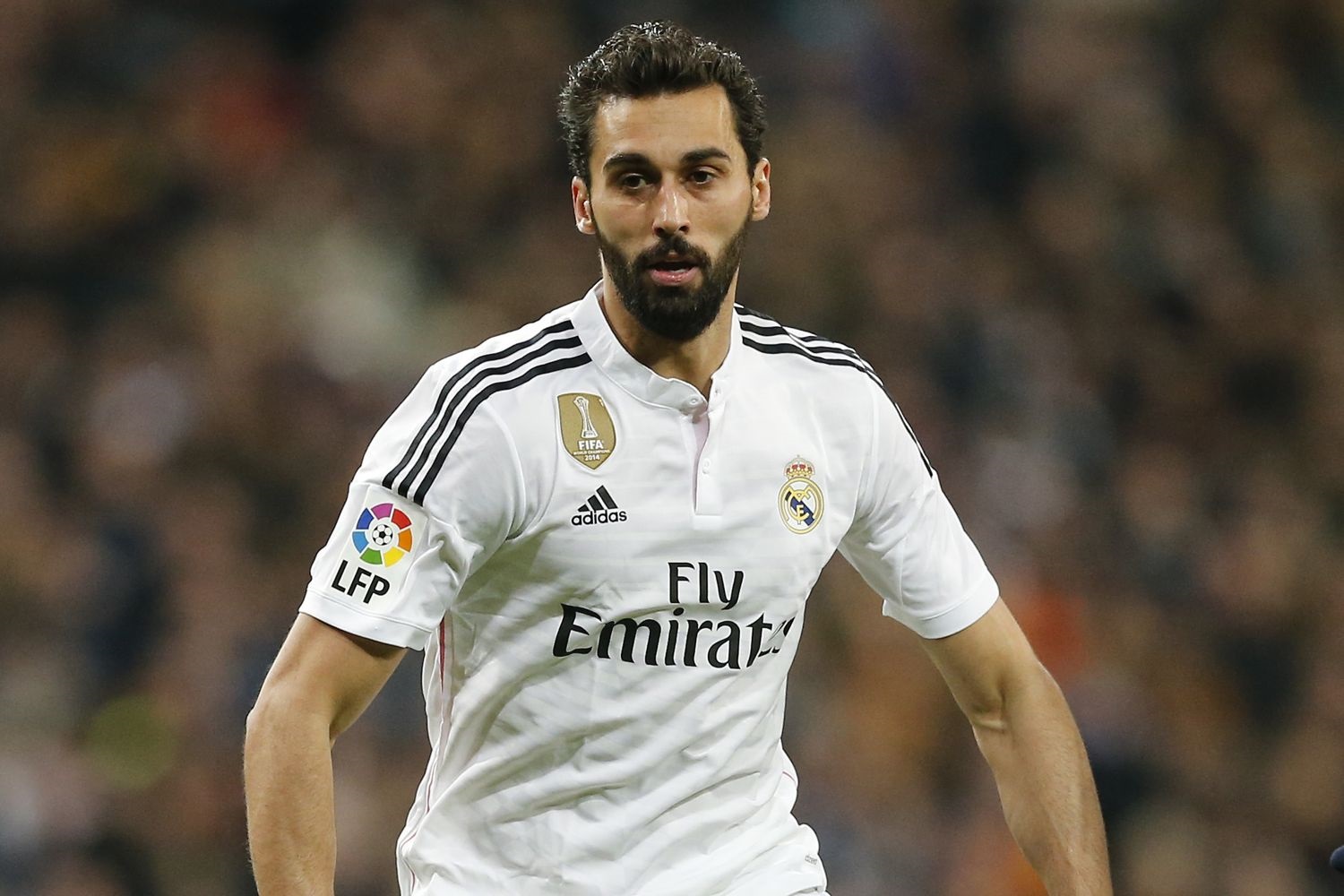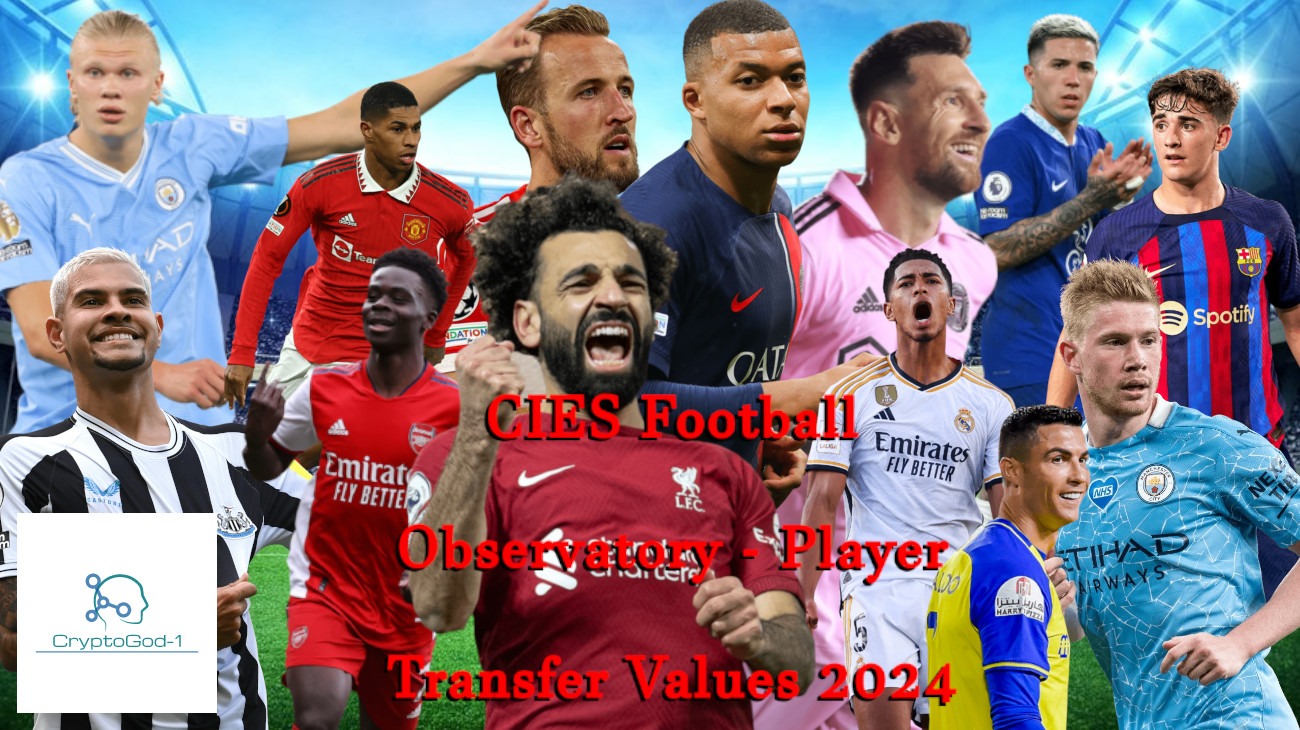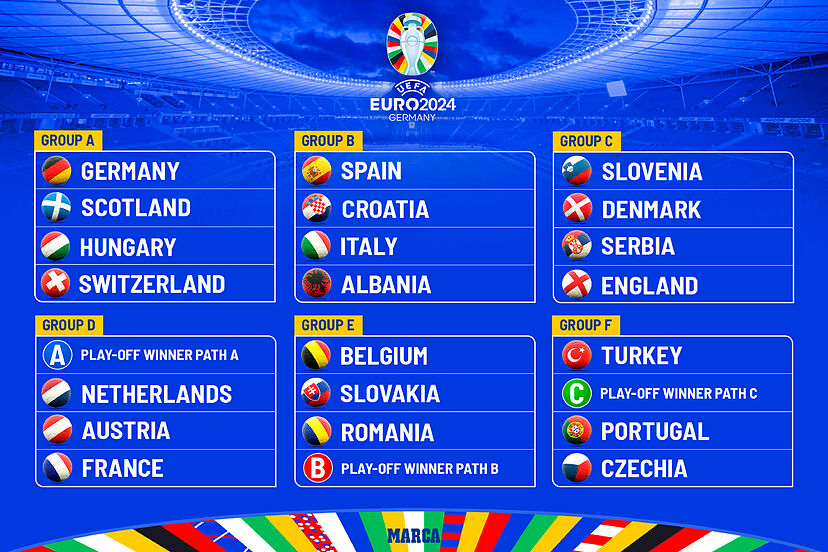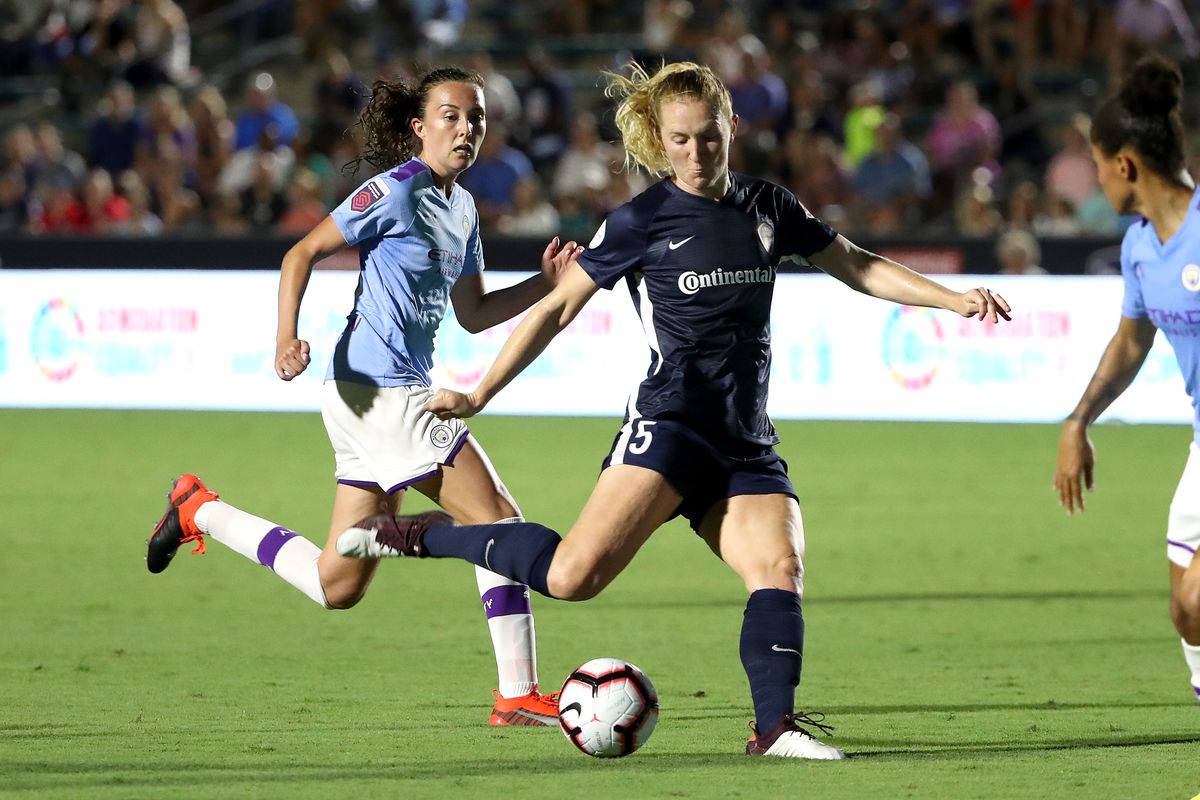The beautiful game demands sharp vision, quick reflexes, and lightning-fast reactions. For many players, however, glasses can be a hindrance – prone to fogging, slipping, or even breaking during intense gameplay. So, the question arises: can you play soccer with contact lenses and enjoy the same level of performance and safety?
While no single answer fits everyone, let’s delve into the world of playing soccer with contact lenses, exploring the benefits, potential drawbacks, and crucial safety tips to help you make an informed decision.
Also Read: https://megadportevents.com/role-of-number-10-in-football/
Advantages of Contacts for Soccer Players:
- Unrestricted Vision: Unlike glasses, contact lenses offer a wider field of view, eliminating blind spots and enhancing peripheral vision, which is crucial for tracking the ball and anticipating plays.
- Comfort and Focus: Gone are the days of glasses slipping or bouncing during sprints. Contacts provide a more secure and comfortable fit, allowing you to focus solely on the game.
- Reduced Risk of Injury: Compared to glasses, contact lenses are less likely to shatter and cause eye injuries during falls or collisions, increasing your safety on the pitch.
- Improved Performance: Players often report feeling more confident and agile with contacts, potentially enhancing their overall performance and enjoyment of the game.
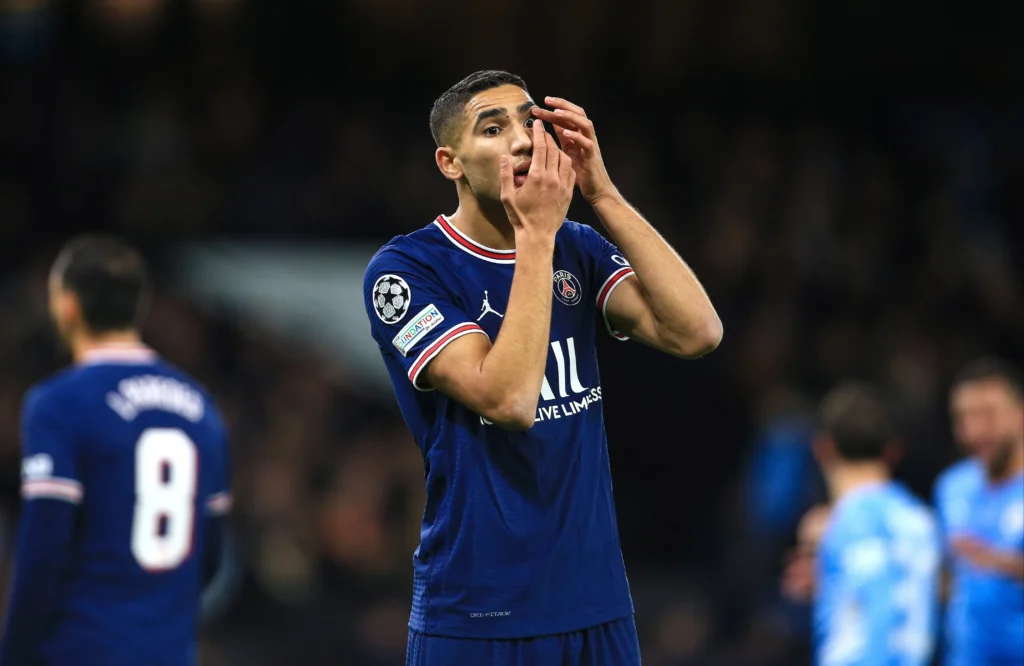
Potential Drawbacks and Safety Considerations:
- Dryness and Discomfort: Dry eyes and irritation are common concerns with contact lens wear, especially during windy or dusty conditions. Using lubricating drops and taking frequent breaks can help alleviate these issues.
- Loss of Lens: While rare, lenses can dislodge during tackles or head-to-head contact. Wearing high-quality lenses and practising good hygiene can minimize this risk.
- Increased Risk of Infection: Poor lens care or contaminated water sources can lead to eye infections. Always follow proper hygiene protocols and seek professional guidance if you experience discomfort or redness.
- Not Suitable for All: Some individuals might experience discomfort or have underlying conditions that make wearing contact lenses unsuitable. Consulting an eye doctor is crucial before making the switch.
Also Read: https://megadportevents.com/how-long-does-it-take-to-break-in-soccer-cleats/
Additional Tips and Considerations:
- Choose the Right Type: Different types of contact lenses offer varying benefits and drawbacks. Discuss your needs and sports activities with your eye doctor to find the best fit.
- Prioritize Hygiene: Always wash your hands thoroughly before handling lenses, use appropriate cleaning solutions, and replace them as per your doctor’s recommendations.
- Be Aware of Your Surroundings: Avoid contact with dirty surfaces or water sources on the field, and consider protective eyewear for high-contact situations.
- Communicate with Referees and Opponents: Inform them about your contact lens usage in case of accidental lens dislodgement.

Are glasses a better alternative to contact lenses?
While playing soccer with contact lenses offers various advantages, glasses still hold their ground for some players. Their affordability and ease of maintenance are undeniable perks. Specific sports glasses are also designed with impact-resistant materials and secure straps, minimizing the risk of breakage or dislodgement during intense gameplay. However, the restricted field of view and potential fogging remain drawbacks. Ultimately, the “better” option depends on individual preferences, eye health, and budget. Consulting an eye doctor and trying both options during practice sessions can help you make an informed decision.
Also Read:https://megadportevents.com/why-do-footballers-raise-their-hands-before-a-corner/
Famous Soccer Players and Contact Lenses:
- Cristiano Ronaldo: The iconic forward reportedly switched to daily disposable contact lenses early in his career, praising their comfort and broader field of view.
- Lionel Messi: While rumours suggest Messi might use clear protective visors during training, his primary choice on the pitch is regular eyeglasses.
- David de Gea: The renowned goalkeeper relies on daily contact lenses to ensure optimal vision for his crucial saves.
- Marco Reus: The German attacker openly discussed his struggle with dry eyes and preference for high-quality contact lenses for comfort and performance.
- Neymar Jr.: The Brazilian star has been spotted training and playing with contact lenses and protective eyewear, suggesting he might adapt based on conditions.
These are just a few examples, and many other soccer players use contact lenses – the information may not be publicly available to everyone. Remember, individual preferences and eye health ultimately determine the choice between glasses and contact lenses.
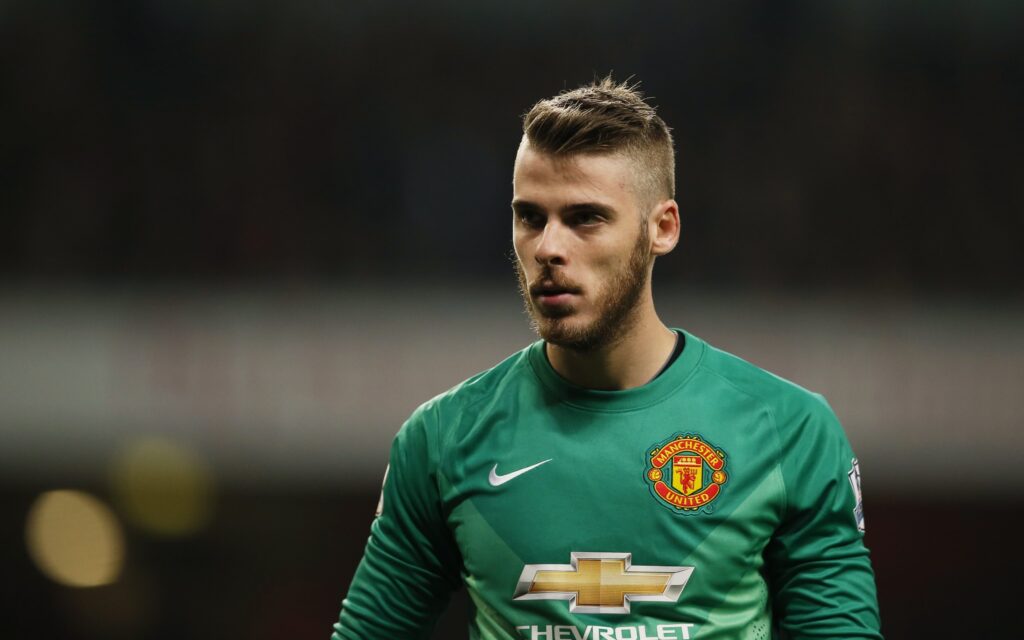
The Final Whistle: Making an Informed Choice
Can you play soccer with contact lenses? Ultimately, the answer depends on your individual needs, comfort level, and adherence to safety precautions. Consulting your eye doctor and weighing the advantages and potential drawbacks will help you make an informed decision that prioritizes both performance and vision safety on the pitch. Remember, your eyes are crucial assets in the beautiful game, so treat them with care and enjoy the freedom and focus that contact lenses can offer!

